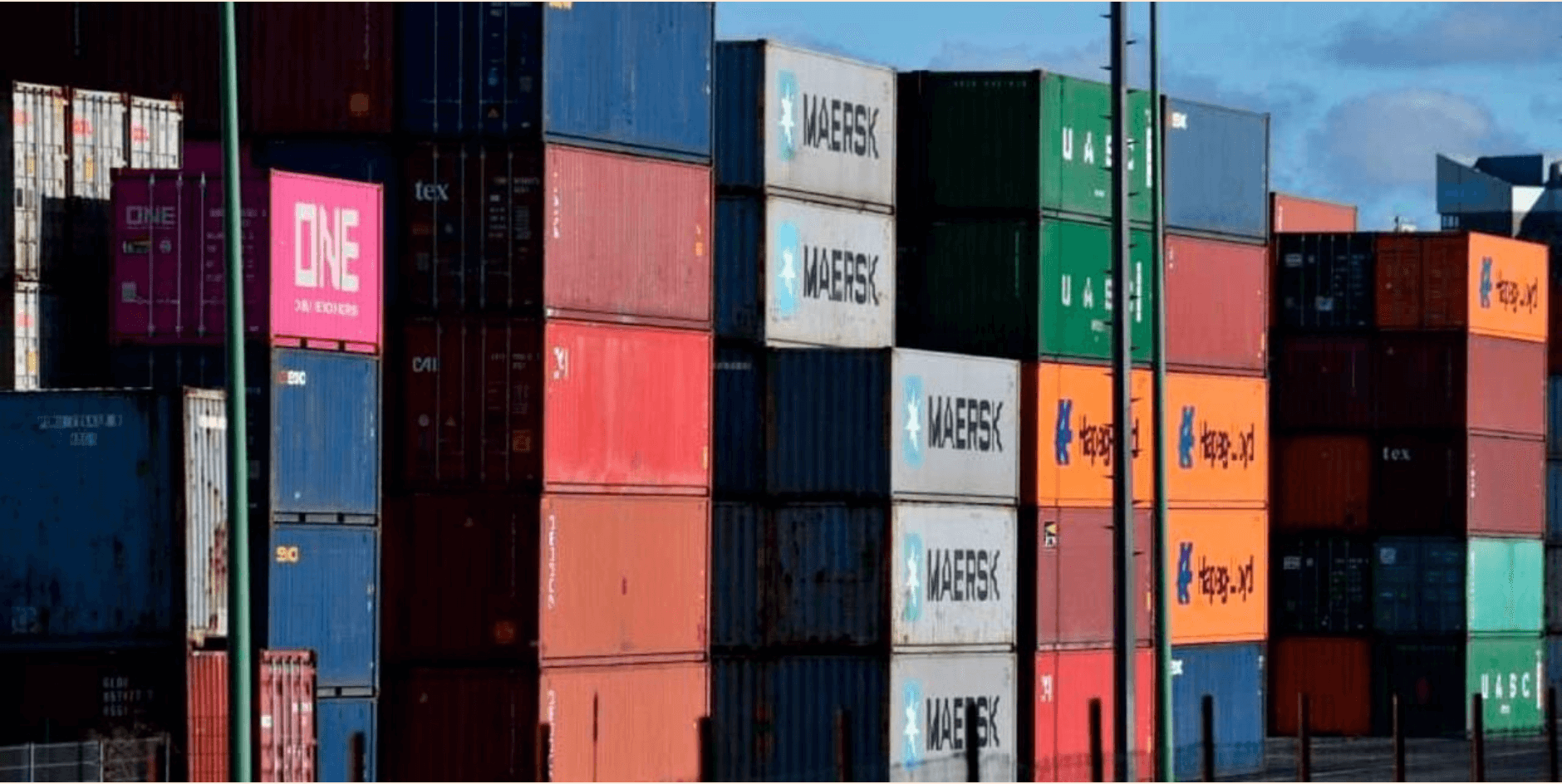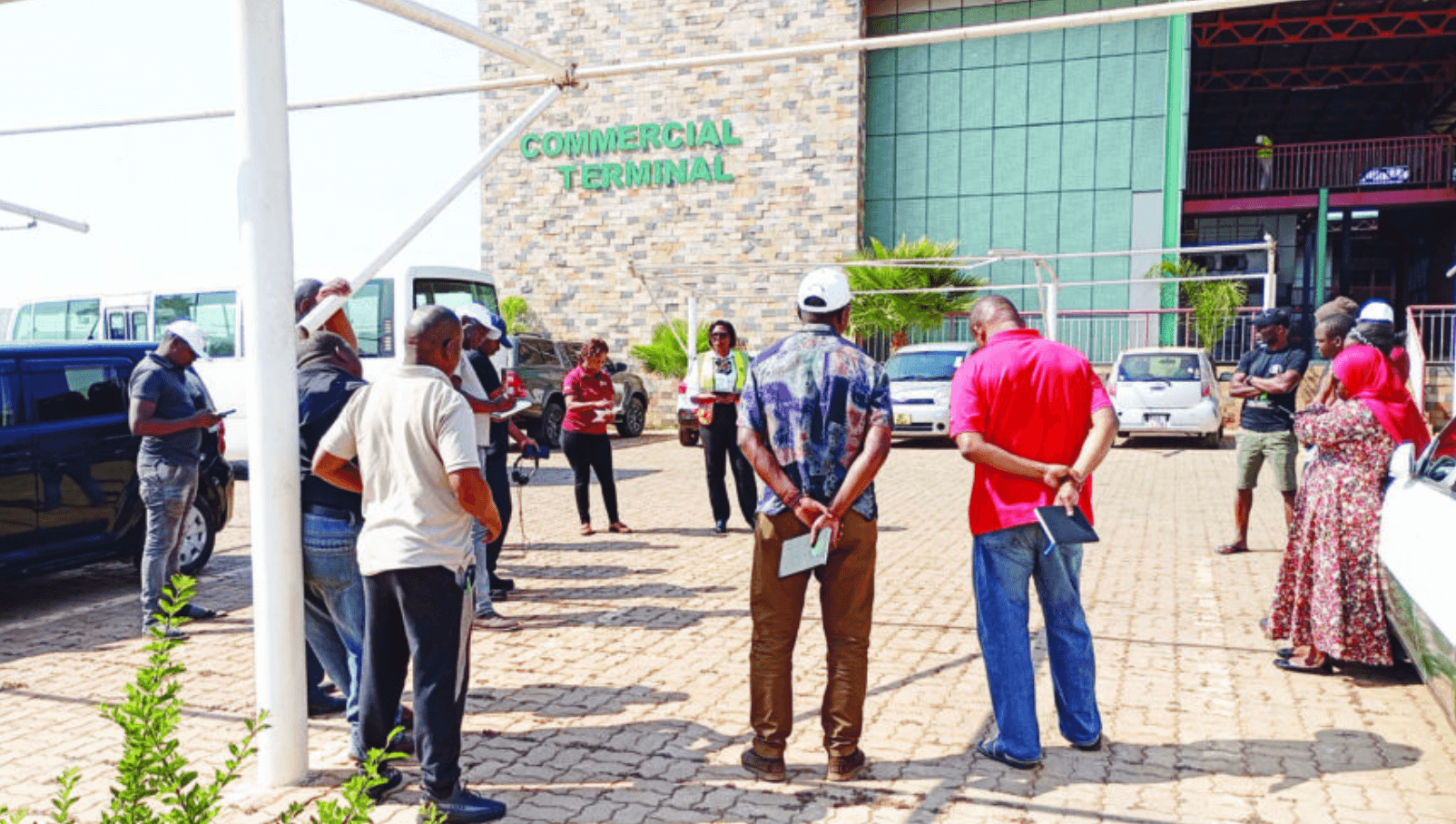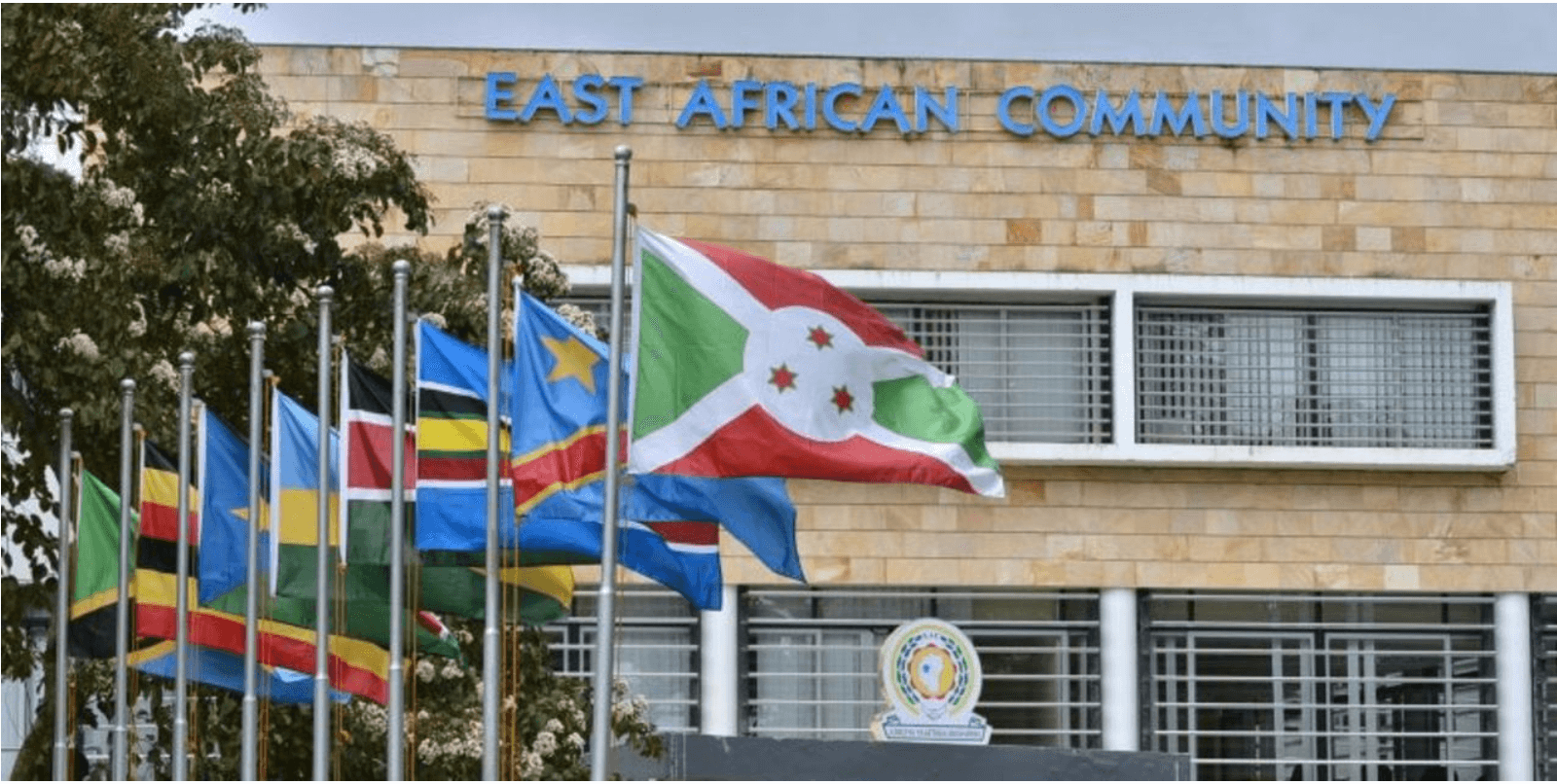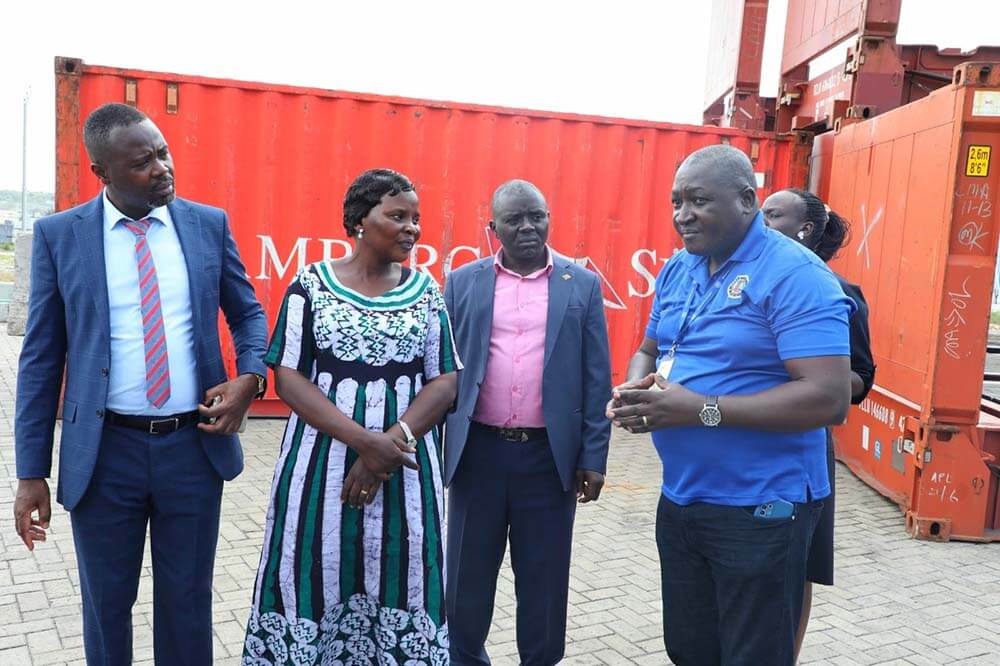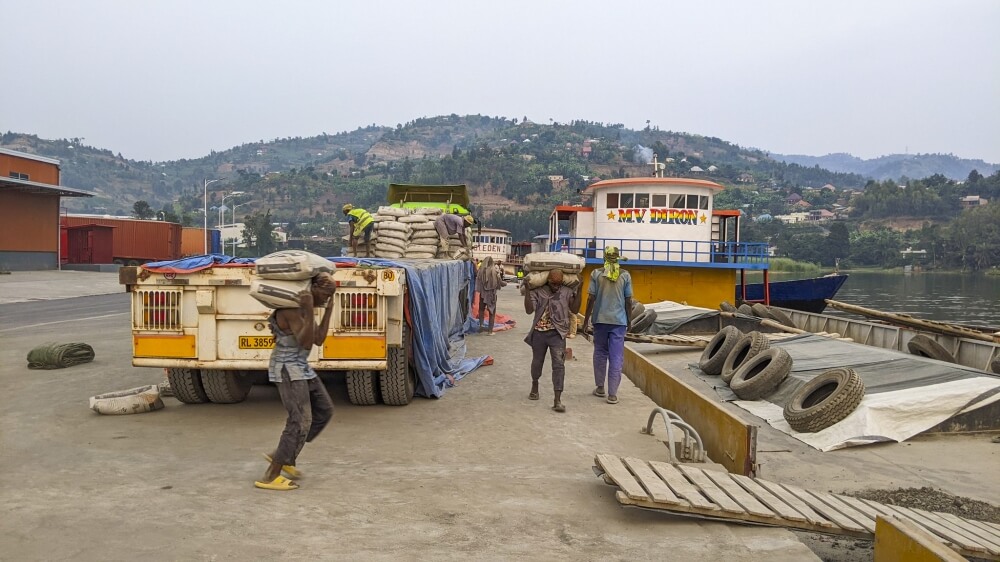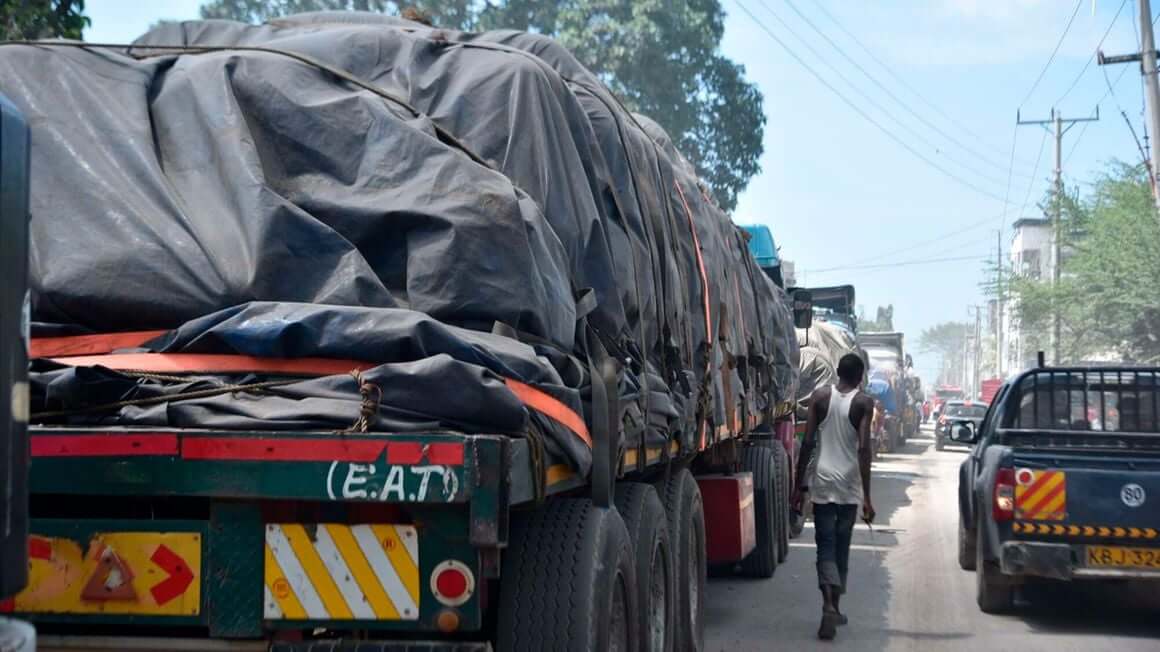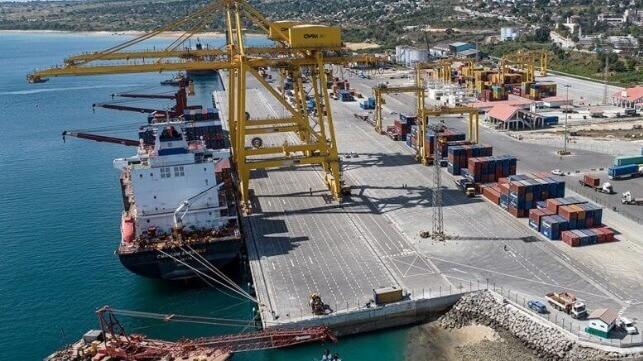On October 4, 2024, Bahage Foods Ltd made history as the first Rwandan woman-led business—and the fourth ever in Rwanda—to export a full container of 22 tonnes of Hass avocadoes. This achievement highlights the immense growth potential of Rwanda’s agricultural exports, especially for horticultural businesses led by young women, who face compounded, gendered barriers in accessing productive resources, packaging, start-up capital, business capacity-building, and financing to scale up and unlock new markets. With this shipment set to arrive in the United Arab Emirates in the coming weeks, Bahage Foods Ltd. Chief Executive Officer Angel Uwantege’s breakthrough proves that with access to the right resources and opportunities—including market information, market access opportunities through trade fairs and missions, as well as capacity-enhancing training programs on confidence building, communication, negotiation, pitching, and marketing—young Rwandan women entrepreneurs can drive agribusiness exports, an area of high economic growth potential for Rwanda. According to the officials this shipment set to arrive in the United Arab Emirates in the coming weeks. Uwantege has received market access support through the Value-added Initiative to Boost Employment (VIBE) for Women-led Businesses Programme, which is co-implemented by TradeMark Africa and the International Trade Centre (ITC), and in partnership with Mastercard Foundation. The VIBE Programme aims to create gender-inclusive market opportunities in the agricultural value chain so that young women can become an engine for the country’s export-led growth. “Bahage Foods Ltd is one of the pioneers of horticulture exporters in Rwanda, a sector that has not existed for many years. We started like any other small company, facing many challenges that...
Making history: First Rwandan women-led business exports full container of avocadoes
Posted on: October 31, 2024
Posted on: October 31, 2024


